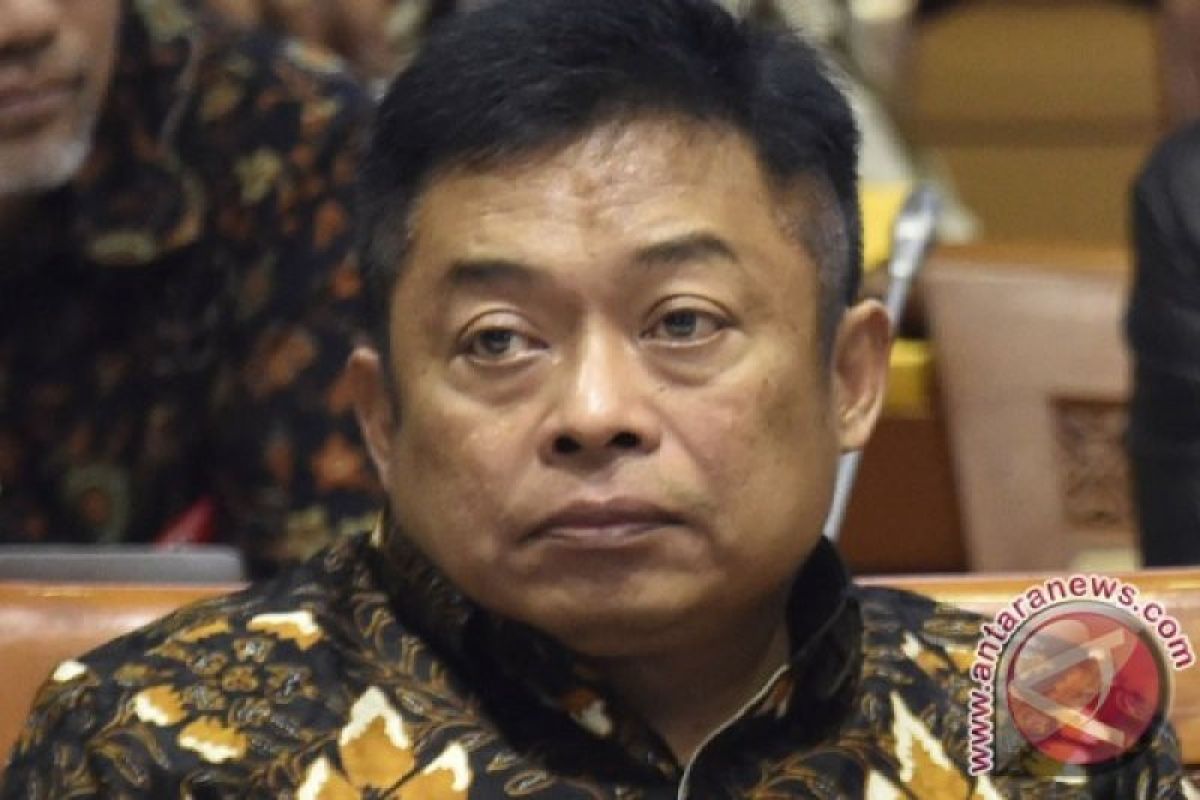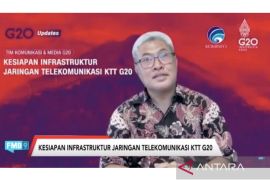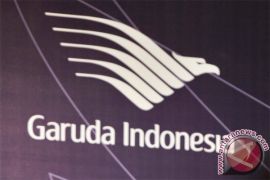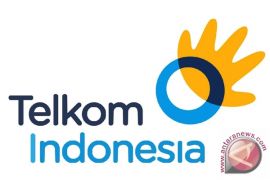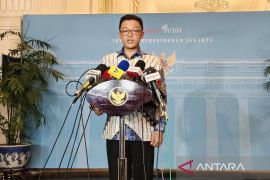We (will) develop something, say a local platform, which (will) involve ad platforms, publishers, media, and agencies. Of course, we need support from the government to issue a regulation which will make it possible (for us) to realize it.Jakarta (ANTARA) - State-owned information and communication technology company PT Telkom Indonesia Tbk plans to build a platform to distribute media content to support the domestic media industry in the face of foreign media platform disruption.
"We (will) develop something, say a local platform, which (will) involve ad platforms, publishers, media, and agencies. Of course, we need support from the government to issue a regulation which will make it possible (for us) to realize it," Telkom president director Ririek Adriansyah said during the National Mass Media Convention, held to mark the National Press Day 2021 on Monday.
Adriansyah said he has begun discussing a plan with several parties to develop the platform in collaboration with other agencies.
The platform will not only help the media, but also stem misinformation and help the public obtain information directly from reliable sources, he added.
"When we assign a rating to news stories, we do that not merely because their titles are bombastic, but also because we want to help the public read credible and highly rated news stories," he informed.
Related news: Telkom books net profit of Rp18.66 trillion for 2019
"So, indirectly, this will also help (the public) see how to sort hoax news, how to find news stories which are worth reading and trusting. This will also help the public. Thus, we can build a more credible culture while disseminating information to various media companies," he said.
Anthony Wonsono of the Indonesian Cyber Media Association (AMSI) said digital platforms are currently dominating the distribution of content.
Content distribution via platforms has an impact on three main issues, including accountability, where journalists fight netizens, he observed.
Content distribution platforms frequently fail to make a distinction between items that have undergone a series of journalistic processes and those that have not been vetted by such processes, he said. As a result both quality content and fake content are treated the same, he added.
Hence, the public cannot make a distinction between quality content and fake content, he continued.
The next issue is how journalists counter algorithms which have an impact on the quality of content and information disseminated to the public, he said.
"There is more macro impact on the moral and ethical issues and democratic issues in Indonesia," he added.
The issue of journalists against algorithms has prompted the public to dictate to the media and the media to write what the public likes, he said.
Related news: It is time for Indonesia to gain global visibility: Thohir
Translator: Arindra Meodia/Suharto
Editor: Rahmad Nasution
Copyright © ANTARA 2021
